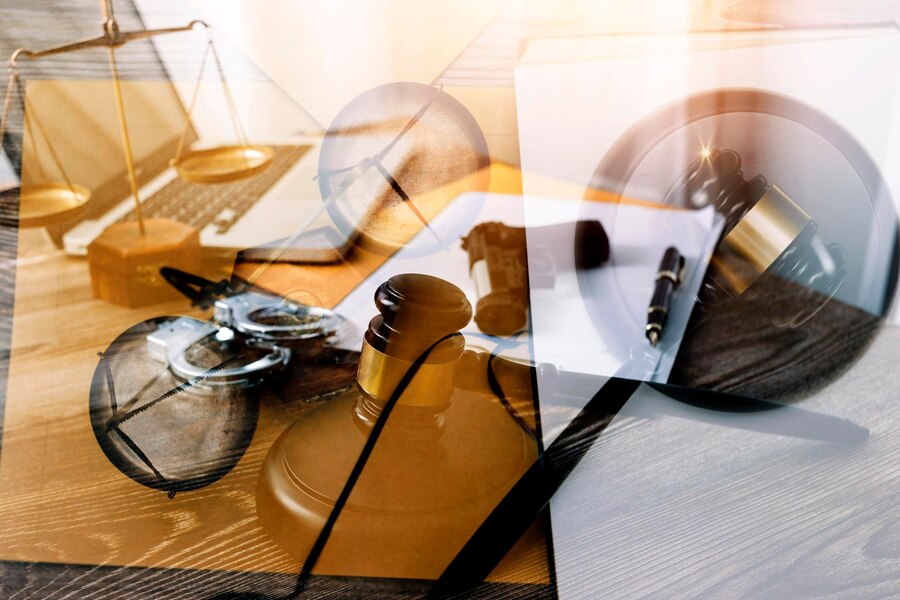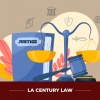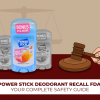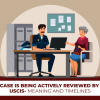
A key aspect of personal injury law, which is vital for making sure that the rights of the victim are upheld, is strict liability. Strict liability defines the kind of injury and damage for which a person or entity is answerable, irrespective of any fault or intention.
Not just strict liability, victims need skilled legal assistance to understand the concepts of personal injury law and get fair compensation for the losses and injuries they have sustained. To achieve this, they must collaborate with a personal injury law firm.
The sections below discuss strict liability in detail.
What is Strict Liability?
Strict liability is a legal doctrine that makes a person responsible for the damage their action causes with valid proof, express evidence, or supporting information. In strict liability, a plaintiff needs to prove that the defendant acted carelessly or recklessly, as in the case of negligence.
Here are some important aspects to consider when navigating personal injury cases involving strict liability:
Proving Fault
In strict liability cases, the plaintiff needs to demonstrate the negligence of the defendant or intent to create harm. Here, liability is based solely on the evidence that the damage occurred as a result of the defendant’s actions, inactions, or product.
Types of Strict Liability
Strict liability can apply to various situations, including product liability cases involving defective products as well as certain types of personal injury claims, such as those involving dangerous activities or hazardous materials.
Examples of Strict Liability
Strict liability can appear in several different scenarios. A few of them are mentioned below:
- Product Liability: Manufacturers, sellers, and distributors can be held liable by an injured consumer for producing, selling, or marketing a defective product. In many cases, victims seek guidance from a defective products litigation attorney to understand their rights and gather the evidence needed to support their claim. The victim has to prove that:
- They used the product as it was intended to
- The product’s manufacturing/design defect made it dangerous
- The product had the potential to harm someone if it was used as it was intended to
- Hazardous Activities: Strict liability under hazardous activities applies to those such as storing or keeping explosives/certain substances or even dangerous animals. The person or company will be held responsible for any harm caused by the aforementioned situations.
Navigating Strict Liability Cases
Cases dealing with strict liability will be circulated extensively, albeit with diverse legal principles and precedents. For these purposes, contacting a personal injury law firm will help in various ways. They include:
- Strict Liability: In a strict liability case, a legal expert in personal injury law can draw from their experience and knowledge to make a logical analysis of the claims’ validity and then pursue compensation based on the best choice.
- Investigation: Building a solid case often requires a thorough investigation and evidence gathering to establish liability. Attorneys have the power to conduct investigations and gather statements from witnesses and relevant experts to back the plaintiff’s claim.
- Litigation and Negotiation: A personal injury lawyer tends to fight for their client’s rights regarding maximum possible compensation through litigation or negotiation. Hiring a seasoned personal injury lawyer in Baltimore is crucial in attaining successful outcomes.
Strict Liability According To The Civil Law
As most lawyers know, criminal law has an alternative, which is known as civil law. In civil law, people use the court system to register cases of somebody else’s negligence towards them. On the other hand, criminal cases are where the state prosecutes a person for their wrongdoings.
Products Liability
The claim regarding product liability takes place when an individual gets harmed by a faulty product. Plaintiffs can use multiple theories to claim their compensation, such as negligent marketing or inefficiency in warning about the side effects. The rules for strict liability is also applicable when it comes to product liability claims.
In case something like this is applied, the plaintiff will not necessarily have to depict the negligence of the manufacturer. They can simply see the downsides of a defective item by:
- Showing that the plaintiff intentionally used the product
- This faulty item was dangerous at the time of usage
- It caused harm when somebody used
Animal Scratches and Bites
There are some states where animal owners can be held responsible if their pet has scratched or bitten a person. In these cases, the negligence of the owner is usually not taken into consideration, and the owner still has to compensate.
In several cases, dog bites are generally counted under strict liability rules. However, plaintiffs can get help from all pet bite recovery. Certain jurisdictions use strict liability as a substitute for the “one-bite” rule. On its application, animal owners have to take responsibility for their pet bites.
The only exception here is if the victim did not break the law or trespassed while getting bitten. Secondly, the victim had nothing to do with provoking the animal.
Ultradangerous Activities
Some activities are more dangerous than others. Hence, there is a larger possibility that a person or a property might get damaged. Consequently, the person receiving more damages will opt for a compensation claim.
For instance, keeping explosives in residential apartments is dangerous and might cause injury. Thus, the person storing these explosives will be charged under strict liability rules. However, the plaintiff has to prove a few things:
- That the defendant is/was engaged in ultrahazardous possession or activities at the time of injury.
- The plaintiff received injuries that the defendant already knew.
Conclusion
To sum up, strict liability is an essential aspect of a personal injury case since it helps to hold one accountable if one’s acts or products cause damage. It is important to seek out a legal professional to get the assistance required to prove this doctrine. A lawyer is also beneficial in estimating compensation and making sure that the victim is compensated for all their losses.
The injured person would be able to understand strict liability laws clearly in their pursuit of compensation for the harm done, such as losses in income and property. This way, they can follow the due process and navigate personal injuries appropriately.
Read Also:











0 Reply
No comments yet.